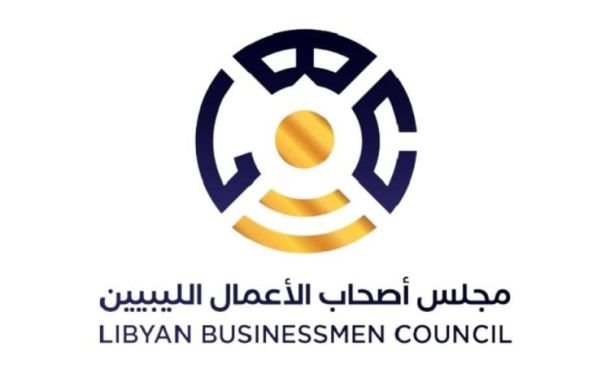
Advocating for Prosperity
The Trade Center has a long history of successful trade facilitation, promotion, and support services underpinned by a strong policy development capability.
Latest News & Publications
Advancing Equitable Growth and Prosperity
Our work is driven by a desire to make a positive difference in the lives of those in our community. Drawing upon best practices and global insights, we assert that the key to unlocking such regional prosperity is the synergistic interplay of international trade, sustainable economic trajectories, and well-calibrated strategic initiatives. By channeling our efforts in these directions, we are poised to pave the way for a more vibrant, resilient, and inclusive future for all.
Economic Growth and Advocacy
In alignment with our aspirations to stimulate and sustain economic vibrancy, our initiatives extend beyond mere promotion. We serve as staunch advocates for a myriad of entities—ranging from corporate enterprises to non-profit organizations and even individual stakeholders—who remain steadfastly committed to the holistic growth and welfare of the region.
Our recognition of the pivotal role played by the business sector in unveiling new horizons of opportunities and steering progressive momentum, warrants our unyielding support towards ensuring their endeavors bear fruition.
Humanitarian Focus and Commitment to Libyan Welfare
Central to our ethos is an unwavering dedication to the enhancement of living standards for the Libyan populace, particularly those adversely impacted by the scourge of conflict. Recognizing the manifold challenges and adversities faced by many, our strategy is undergirded by the principles of solidarity and collaboration. Through these guiding tenets, we are optimistic about forging impactful, sustainable, and transformative change for the betterment of all.

Ready to Elevate Your Business?
At the forefront of our mandate to drive economic development, we are dedicated to fostering meaningful partnerships with regional stakeholders, businesses, and professionals across diverse industries, charting a course towards a brighter, shared future.
For inquiries, please complete the form below or reach out to us at +44 207 193 5556







